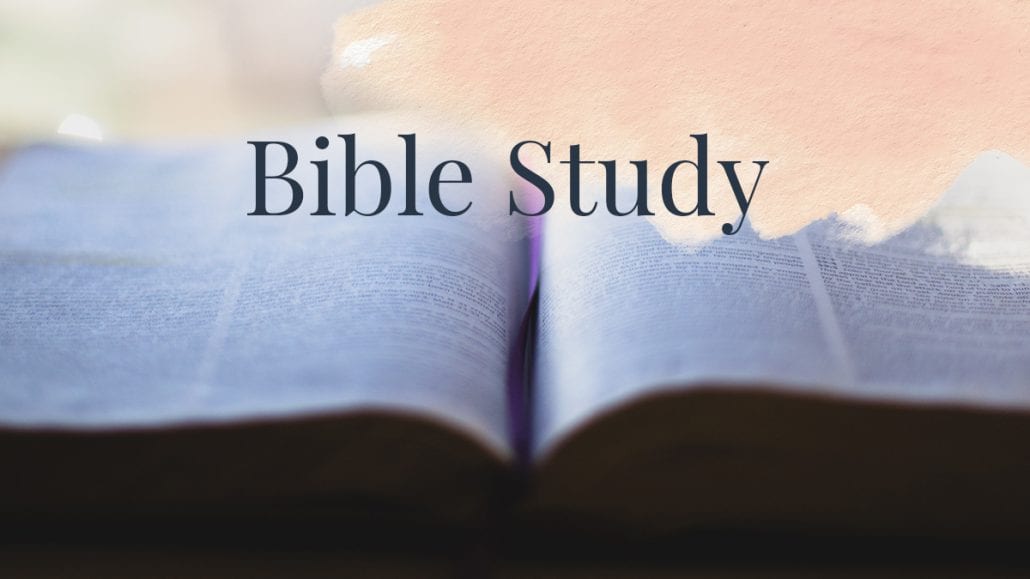Prepper and Influencer: The Proverbs 31 Woman for our Covid Times
A 2-part Bible Study
Proverbs 31 Part 1: “Prepper”!
Not her again!
Whilst one could critique the idea of studying “The Wife of Noble Character” for what could be the umpteenth time in Women’s Bible studies. What if we reconsider our preconceptions of her as a model wife, we all romanticise and (is it me?) fail in epic proportions to achieve? Is she the demure holy wife one only reads about and will never become? As always, the Word of God is living and active (Hebrews 4:12). So, we pray now for the Holy Spirit to inspire our reading and consideration of this often-misapplied chapter, understood by many to be a poem about Wisdom herself.
Read Proverbs 31
Let’s widen our terms: Today we will begin to consider the Wife of Noble Character to be a role model for all of us – whether we are single, married, mother or not, and even male or female. Let’s read and look for character traits we can find that stand out.
Just about every verse contains wonderful character traits and qualities. Read the chapter, then read it again more slowly, underlining or noting down a list of the qualities we learn. If time is limited, pick five or six qualities that stand out to you today. If you have longer, see how many you can note down.
[If you are studying in a group, you can divide up the passage into sections for groups to brainstorm, and a shared time calling out qualities to note on a whiteboard would be a good activity.]
Prayerfully look over this list.
Are there any surprises in this list?
How do we feel about the Proverbs 31 woman as a “prepper”? Not a doomsday prepper or anything extreme – but preparedness in the best sense of the word. Which verses are examples of “preparedness”?
“Prepper”
Have you felt bad for preparing to look after your household during this pandemic? Or have you criticised others for filling their pantry with more food than you felt was necessary for our modern times of plenty? Does this reading of Proverbs 31 help you to see these preparations differently?
What other examples in the Bible can you think of where supplies were “saved up”, or criticism made of something running out that should not have?
Read Matthew 25:1–13
Read Genesis 41:47–49
Read Luke 12:16–21
Read Exodus 16:4,5
Categorise these readings into examples of “storing up” or “not storing up”. We can see here that there is a time and a place for both.
Does this change our pandemic perspective?
Might it be the same for everyone, or different according to individual needs?
In personal prayer, speak to the Lord about the feelings this study brings up for you – and ask him for peace and forgiveness where necessary – as well as spending time praising him and thanking him for his provision to us in our plenty. If you wish, write down anything you want to remember or reflect on further, at another time, as we continue to process our experience of this pandemic so far.
Love in Action: Pray for those who have “food insecurity”. If you know anyone who struggles with this, it might be time to act as the Lord moves.
Prayer: Father God, thank you for the ability you give to us to look after those in our homes and communities and to share our “plenty” with those around us who need it. I pray for your wisdom in the management of the resources you give to me. Help me to remember that everything I have comes from you. I pray for peace as I continue to manage my home and resources through these difficult times. Help me to be confident and sure in my prayerful decisions for when to store, and when not to store. Help me to influence and show grace to those around me – struggling with making their own decisions in these areas – but also who may be unfairly judging others. As Christians, may we quietly show a different way, and may our confidence and strength bring glory to your name, Lord Jesus. Amen.
Keep the list of qualities you have made for part 2 of our Proverbs study next month!

